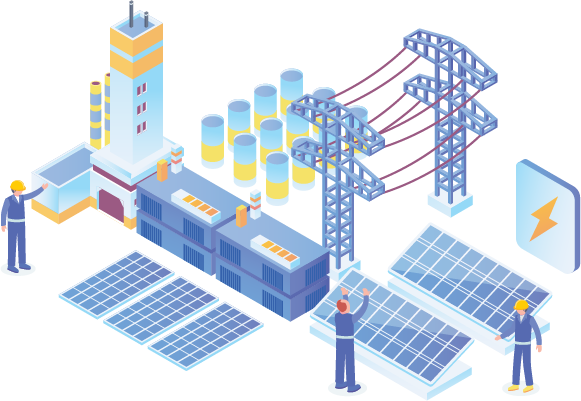Waste management refers to the process of collecting, transporting, disposing, recycling, and monitoring waste materials. Effective waste management is crucial in minimizing environmental pollution, conserving natural resources, and ensuring a sustainable future. Waste can be classified into several categories, including municipal solid waste, industrial waste, hazardous waste, and organic waste, each requiring specific handling and treatment methods. With increasing urbanization and industrialization, the amount of waste generated globally is rising at an alarming rate, putting immense pressure on ecosystems and human health. Proper waste management practices are essential to mitigate the negative impacts of waste, such as air, water, and soil pollution, as well as the depletion of natural resources.
Planning for effective waste management is an integral part of environmental protection. Proper planning involves creating strategies and frameworks to handle waste in an environmentally responsible manner. Key steps include:
Waste management is not just a matter of collecting trash—it is a critical part of preserving our environment and ensuring sustainable development. As the global population grows and consumption increases, waste management will become even more critical in minimizing environmental damage and promoting a circular economy, where waste is minimized, and materials are reused and recycled. By adopting sustainable practices such as waste reduction, recycling, composting, and waste-to-energy systems, we can reduce the burden on our landfills, conserve resources, and mitigate the adverse effects of waste on our ecosystems. Governments, industries, and individuals must work together to create and implement waste management policies that prioritize environmental protection, resource conservation, and public health. In conclusion, effective waste management is essential for maintaining a healthy planet, and with proper planning, innovation, and collaboration, we can make significant strides toward a cleaner and more sustainable future.

Take the first step towards a greener, more affordable future.
Schedule a consultation with our solar experts and get a customized quote tailored to your needs.